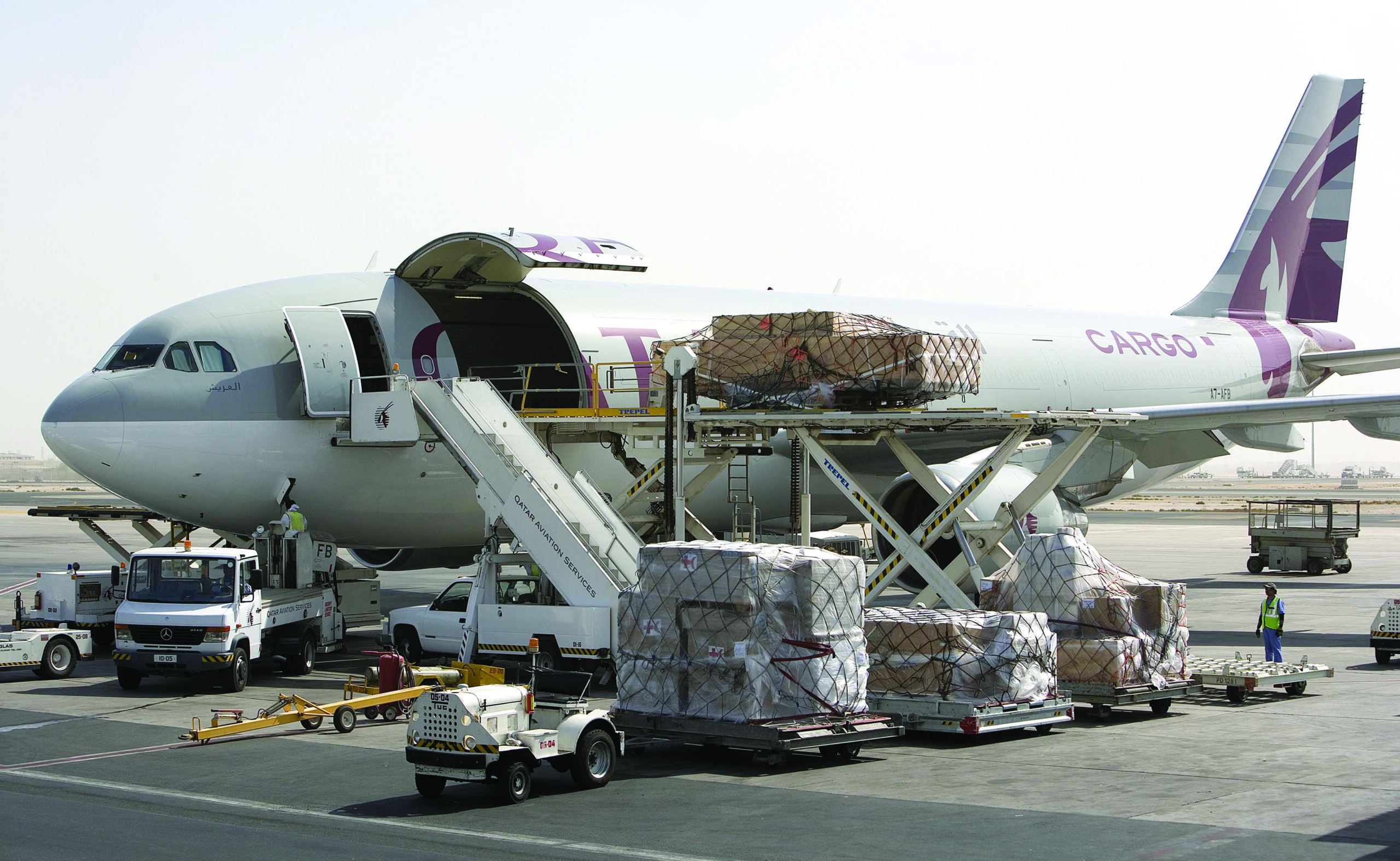
The Middle East’s Air cargo sector has demonstrated resilience and a significant growth trajectory throughout 2024, with August proving to be a pivotal month. The air cargo industry has long been a critical pillar of the region’s economy, supporting global trade routes and facilitating the movement of goods between Asia, Europe, and Africa. In August 2024, this sector experienced robust growth, driven by several factors, including increased demand, advancements in logistics technology, and favorable market conditions. This article delves into the key reasons behind this continued growth and the factors contributing to the Middle East’s air cargo success story.
Global Trade Dynamics Favoring the Middle East
One of the most prominent drivers of the growth seen in the Middle East’s air cargo sector is its strategic geographic location. The Middle East serves as a natural hub for intercontinental trade, offering connectivity between key regions such as Europe, Asia, and Africa. In August 2024, global trade volumes surged, particularly in sectors like e-commerce, pharmaceuticals, and perishables. The increased demand for time-sensitive deliveries has pushed air freight operators in the region to ramp up their operations, especially in the wake of geopolitical tensions and supply chain disruptions in other parts of the world.
Airports such as Dubai International Airport, Hamad International Airport in Qatar, and Abu Dhabi International Airport have cemented their positions as critical air cargo hubs. Their advanced infrastructure, coupled with efficient customs processes and dedicated cargo terminals, has allowed them to handle growing volumes of freight. In August 2024 alone, Dubai International Airport reported a significant increase in cargo throughput, driven by the surge in e-commerce, automotive parts, and high-tech electronics.
Technological Advancements Enhancing Efficiency
Another key factor contributing to the Middle East’s air cargo sector growth is the integration of advanced technology. In August 2024, many air freight services operators in the region adopted innovative solutions to streamline operations, improve efficiency, and reduce costs. Artificial Intelligence (AI), machine learning, and data analytics have been instrumental in optimizing cargo loading processes, reducing transit times, and enhancing route planning.
For instance, AI-powered systems have enabled airlines and logistics companies to predict demand fluctuations more accurately, allowing for better resource allocation and cargo space management. Furthermore, automation in warehousing and cargo handling processes has reduced human error, ensuring faster and more reliable delivery of goods.
In addition to AI and automation, blockchain technology is also being embraced to enhance transparency in the supply chain. Blockchain allows for more secure and transparent documentation of cargo movements, reducing the risk of fraud and ensuring the integrity of goods transported across borders. These technologies, combined with the region’s state-of-the-art logistics infrastructure, have made Middle Eastern air cargo hubs highly competitive on the global stage.
E-commerce Boom Fuels Growth
E-commerce has been one of the standout sectors driving air freight demand in the Middle East throughout 2024, with August witnessing an unprecedented boom. Consumers across the globe have increasingly turned to online shopping, with e-commerce giants such as Amazon, Alibaba and local players like Noon and Souq playing significant roles in driving this surge. The demand for quick and reliable shipping of products ordered online has placed tremendous pressure on air freight operators to meet tight delivery timelines.
Air freight shipping has become the preferred mode of transport for high-value and time-sensitive products, particularly in the electronics, fashion, and luxury goods segments. The region’s major airlines, including Emirates SkyCargo, Qatar Airways Cargo, and Etihad Cargo, have responded by increasing cargo capacity, adding new routes, and upgrading their fleets to cater to the burgeoning e-commerce market.
Pharmaceutical and Healthcare Sector Boost
The pharmaceutical and healthcare industries have also played a significant role in the growth of the Middle East’s air freight sector. In August 2024, the demand for the rapid transportation of pharmaceutical products, including vaccines, medical equipment, and healthcare supplies, continued to rise. The COVID-19 pandemic demonstrated the importance of a reliable and efficient air freight network for the distribution of vaccines and other critical healthcare products globally. The Middle East, with its advanced cold chain logistics capabilities, has been at the forefront of this effort.
Several Middle Eastern airports have developed specialized facilities for handling temperature-sensitive cargo, ensuring that pharmaceutical products are transported in optimal conditions. Emirates SkyCargo, for instance, has introduced innovative cold chain solutions, allowing for the safe and secure transportation of vaccines and other temperature-sensitive goods.
Economic Diversification and Investment in Logistics
Economic diversification strategies adopted by Middle Eastern governments have further bolstered the air cargo sector. Countries such as the United Arab Emirates (UAE), Saudi Arabia, and Qatar have made substantial investments in logistics infrastructure to reduce their reliance on oil revenues and promote sectors like aviation, logistics, and tourism. These investments have paid off, with the air freight sector emerging as a key driver of economic growth in the region.
In August 2024, Saudi Arabia’s Vision 2030 and the UAE’s National Strategy for Advanced Innovation were highlighted as catalysts for developing the logistics industry. Major infrastructure projects, such as Saudi Arabia’s King Abdullah Economic City (KAEC) and the UAE’s Khalifa Industrial Zone Abu Dhabi (KIZAD), have further strengthened the region’s logistics capabilities, attracting global businesses to establish distribution hubs in the Middle East.
Challenges and Opportunities
While the Middle East’s air cargo sector experienced growth in August 2024, it is not without challenges. Rising fuel prices, geopolitical tensions, and environmental concerns related to carbon emissions pose potential risks to the sector’s continued expansion. Airlines and cargo operators are under increasing pressure to adopt sustainable practices and reduce their carbon footprints. In response, many are exploring the use of more fuel-efficient aircraft, investing in alternative fuels, and adopting carbon offset programs.
Additionally, the region’s air freight services sector faces stiff competition from other global logistics hubs, particularly in Asia and Europe. To maintain its competitive edge, Middle Eastern countries must continue to invest in technology, infrastructure, and sustainable practices while fostering innovation and collaboration across the industry.

